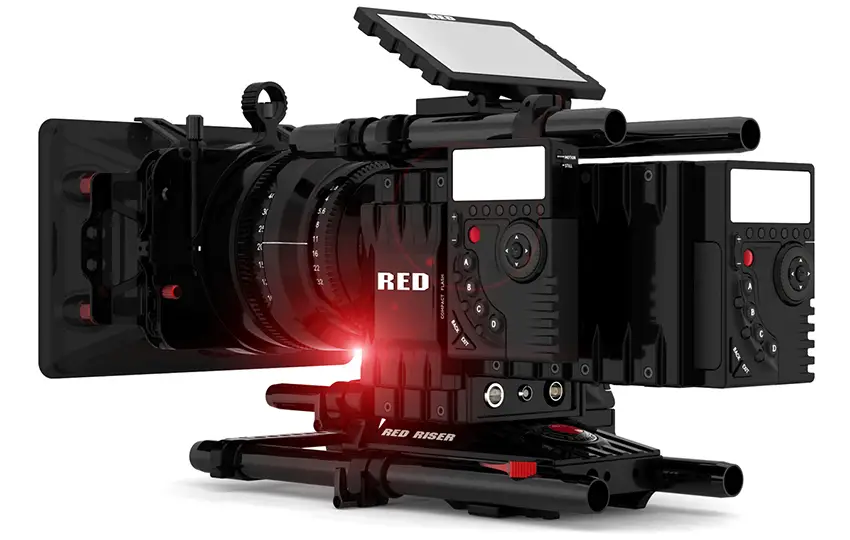“You get what you pay for” is one of those common and overused expressions that we often hear whenever we decide to invest money in a more budget oriented product whether it’s a camera, rig or any other type of affordable filmmaking gear. There are many firm believers blindly obeying the rules and always buying or renting the most expensive equipment available by default. This is especially true when it comes down to lenses.
On the flip side, others will furiously argue the above statement, reasonably asking whether the most expensive piece of equipment is truly worth the investment. Do you really get the most bang for your buck in these particular situations? I’m curious to know your personal considerations on the topic, but please don’t rush answering the question before you see the following otherwise truly entertaining a $150 lens vs. $15,000 lens comparison test conducted by RocketJump Film School as the results may surprise you.
And if you want to test yourself here comes the video where Lauren and Freddie from RockeJump Film School reveal the answers.
Certainly, in the ideal lighting conditions and by using only mid-range apertures all the lenses included in the test will perform identically regarding perceived image quality and it will be hard to tell which one is which. Even for the relatively experienced cinematographers, it will be a bit of a challenge to guess too.
Some people tend to believe that it will be a lot easier to guess if the test was projected in an IMAX theatre, not just streamed online as in this case many might think differently. Whatever the case may be, it’s also important to consider the camera that was used for the test. It’s okay to expect that a high-end beast such as the Red Epic shooting in 5K resolution is going to deliver high industry standard high-quality images no matter of the lens mounted on the front.

The big difference between the lenses though certainly will become more distinguishable when you put them in more challenging and extreme lighting conditions. The bokeh and flare effects in the background while shooting wide open, the lack of distortion in the corners of the image is something that always will be noticed by more experienced people in regards to perceived image quality.
When you include the overall build quality and the ability to pull focus on a lot more expensive dedicated filmmaking lens compared to the 10x cheaper photo ones, the contrast in price and quality certainly becomes a lot more evident and justified.
At the same time, it’s good to know that in certain situations you really won’t be able to tell the difference and using even the cheapest photo lens such as the Canon’s 50mm “Nifty Fifty” will do a decent job making a lot more sense from a budget perspective. The latter brings us to one of the frequently debated subjects that it’s not the equipment that makes you a better cinematographer or filmmaker, quite the contrary it’s your skill set, vision and experience that does.
P.S. If you managed to guess more than half of the right answers in the above test, probably it’s safe to assume that your filmmaking career is heading in the right direction.
[via: SLR Lounge, Source: RocketJump Film School]
Disclaimer: As an Amazon Associate partner and participant in B&H and Adorama Affiliate programmes, we earn a small comission from each purchase made through the affiliate links listed above at no additional cost to you.



You don’t need expensive lenses to make a masterpiece. However, another point of going for the 15,000 lens is perception. Some clients think you are better at what you do if your gear looks more expensive. I’ve done 6 camera GH4 shoot with Panasonic lenses that the end product ends up looking the same as a 6 camera RED shoot with fujinon lenses. Not saying that the GH4 setup is anywhere near the RED but if the end product will end up looking similar then you don’t necessarily need to spend the money. However, you always need to think of the client and sometimes you have to impress them with all the bells and wistles, even if it doesn’t make a difference.
Good point, Jeven! Thanks for the comment!